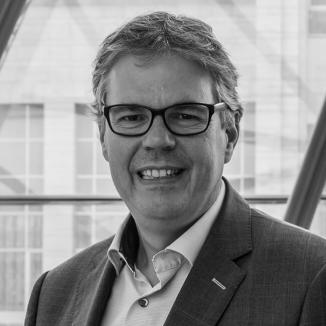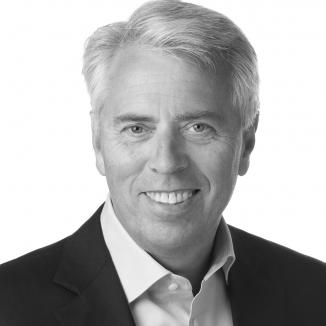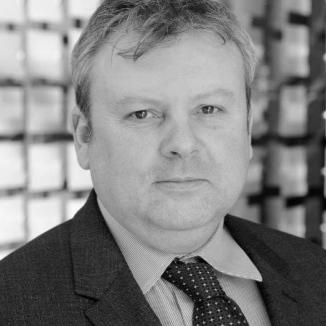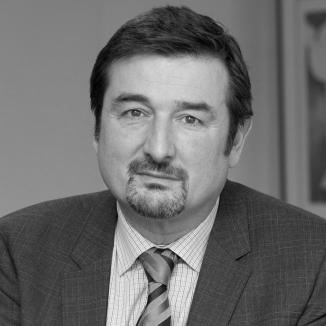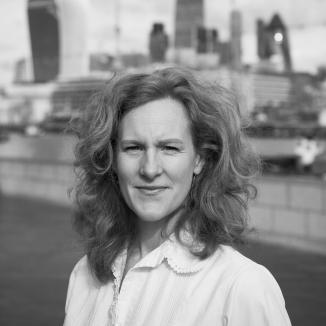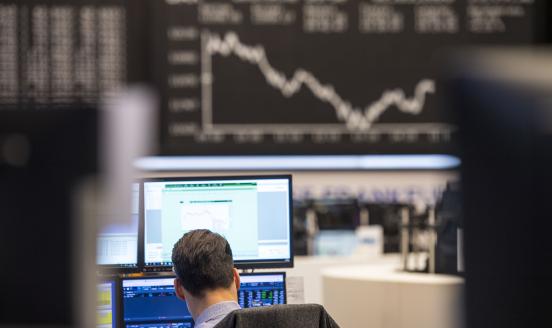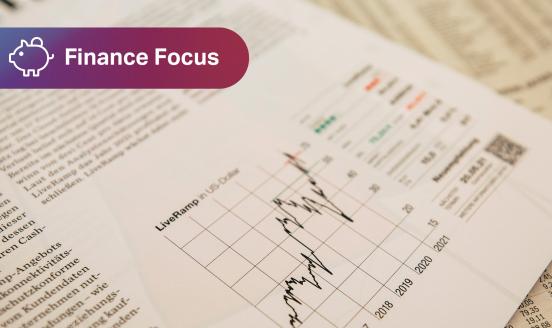How can sustainable finance contribute to the Paris climate goals?
What is the role of sustainable finance in reaching the Paris Climate goals? What are the specific proposals towards this goal and which are the chall
Speakers
Viktoria Dendrinou
Reporter, Bloomberg,
Peter Blom
Chair, Global Alliance for Banking on Values & CEO, Triodos Bank,
Stewart James
Managing Director, Group Government Affairs, HSBC,
Olivier Guersent
Director General, European Commission, DG COMP
Catherine Howarth
Chief Executive, ShareAction,
vIDEO & AUDIO RECORDINGS
SUMMARY
A call for a recalibrated regulation
Peter Blom (Chair of Global Alliance for Banking on Values and CEO of Triodos Bank) stressed the importance of sustainable finance for fighting climate change. Due to its importance, the financial sector should get a more important role in fighting climate change.
Blom called for (a) refining the purpose of banks, (b) a recalibration of the regulatory framework to support sustainable finance, (c) a more diverse financial ecosystem, (d) improved access to sustainable finance for all citizens, (e) a better legal framework to develop market opportunities, and (f) a new reporting schemes that focus more on the long-term perspective.
In particular, Blom asked for a change in the capital requirements of assets to reflect better the true risks of investments: due to their long-term risks “brown” investments should be backed with more capital “green” investments.
New fiduciary duties
Catherine Howarth (Chief Executive of ShareAction) emphasized the importance of changing the current fiduciary duties of bank. Instead of solely focusing on short-term profits, consumers demand a more integral approach that will also pay off in the long-run.
Thus, new codes of conduct/set of duties for banks (that also account for environmental, social, and governance metrics) are necessary to reach that goal. She also emphasized the importance of improving transparency and accountability.
Voluntary approach, public-private risk sharing, and prudential framework
Stewart James (Managing Director of Group Government Affairs at HSBC) stressed three main points in its intervention.
James pointed out that most traders wants to increase investments into sustainable finance yet current information is insufficient. He claimed that a voluntary approach together with some pressure from the public sector (such an enabling legislation) is the way to go instead of passing new regulations. James mentioned the currently high investment gap (especially in infrastructure) which should be closed to reach the climate goals. This cannot only be stemmed by the private sector (due to political and legal risks) thus a public-private risk sharing will be needed to encourage more investments. Finally, James argued that financial regulators should use their prudential frameworks and existing tools to enable more investment into sustainable finance.
A new mindset of long-term thinking
Dirk Schoenmaker (Senior Fellow at Bruegel) proposed a three-step approach to foster investments in sustainable finance. (1) A change of mindset to include not only shareholder value, but also stakeholder value (includes society) and even common good value (includes environment) into companies’ calculations. (2) A change in thinking to a more long-term perspective. In a long-term relationship, loyal capital could be used a tool of change. (3) Finally, Schoenmaker proposed loyalty share for professional investors and more sustainable retails funds for consumers.
Opportunities for Europe
In his closing speech, Olivier Guersent (Director General of DG FISMA, European Commission) confirmed support by the European Commission to foster sustainable finance. He promised that Commission will deliver well calibrated proposals and pointed out that the current political situation in the US will pose challenges for Europe, but also creates opportunities for Europe to step forward as a leader in the topic of sustainable finance.
Event notes by Alexander Roth.
